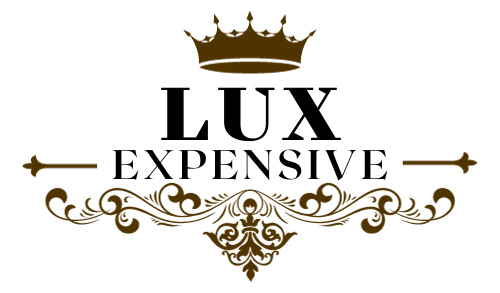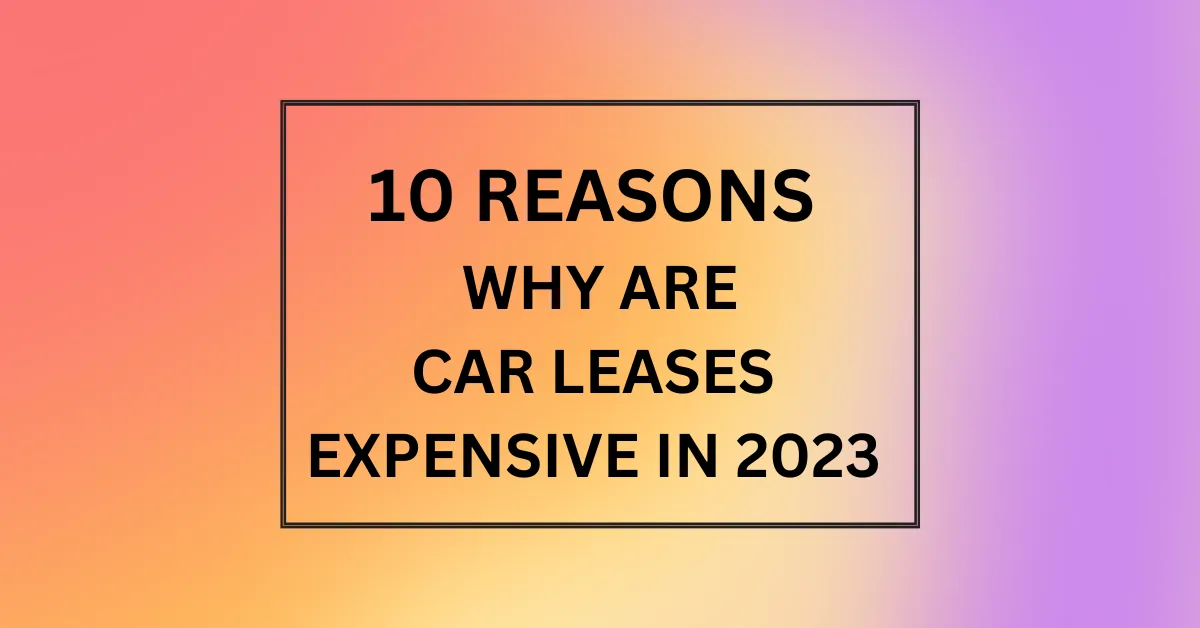Car leases are so expensive in 2023 because vehicle prices have risen, inventories are tight amid high demand, and interest rates keep climbing. This perfect storm of increased costs for lessors gets passed to consumers through steeper lease payments, disposition fees, and lack of incentives.
Leasing a new car has become an increasingly expensive endeavor in 2023. Several factors have combined to drive lease prices higher over the past couple of years. If you’re thinking about getting into a new vehicle lease, be prepared to pay more than you would have just a short while ago.
Top 10 Reasons Car Leases Are So Costly Today
1. Vehicle Prices Are Up
New and used car pricing has increased dramatically since 2020. The average new car transaction price recently hit over $48,000. Higher vehicle acquisition costs for dealerships and third-party leasing companies get passed along in the form of higher monthly payments.
2. Low Inventory Levels
Demand has outpaced supply in the auto industry since the pandemic began, leading to tighter inventories. Limited leasing supply allows dealers and finance companies to command higher lease rates. Most don’t have motivation to offer big discounts right now.
3. Interest Rates Are Rising
The Federal Reserve raised interest rates several times in 2022 and is expected to further increase rates in 2023. Higher rates mean pricier leasing costs due to increased financing expenses. Ongoing rate hikes negatively impact affordability.
4. Inflation Remains High
Broad inflationary pressure has led to elevated prices across many sectors of the economy. The U.S. inflation rate hovers around 7% as of late 2022. As the general cost of living increases, so do car lease payments.
5. Strong Consumer Demand
Despite higher prices and payments, demand for vehicle leases and purchases remains healthy. Many consumers are continuing to replace aging cars or add vehicles to grow their households. Strong lessee demand allows lessors to price leases aggressively.
6. Higher Disposition Fees
Disposition or termination fees charged at the end of most leases have gone up at some lessors. These fees are added to help the lessor recoup asset disposal costs. Higher residual charges mean increased total lease costs.
7. Rising Insurance Expenses
The vehicle insurance component bundled into most lease contracts has grown more expensive lately. Factors like pricier vehicle replacement parts and more accidents have driven up carriers’ costs. These pricing pressures trickle down to consumers.
8. Bigger Down Payments Needed
Don’t be surprised if you’re now asked to put more cash down upfront for your next lease to offset higher payments. Lenders are trying to shrink monthly dues by demanding larger capitalized cost reductions. Be ready to part with $3,000+ at signing.
9. Better Resale Value Projections
Used car values have surged throughout the pandemic, complicating lease-end residual calculations. Stronger forecasted resale numbers mean less depreciation, allowing lessors to raise payments while still hitting residual targets.
10. Limited Incentives Available
Many lease deals are now executed at or near MSRP with minimal discounts or incentives. Lack of sizable rebates and givebacks that could help reduce payments means msrp-based lease pricing prevails. You’ll be paying MSRP or close to it.
FAQS.
Are Car Leases Good?
Yes, car leases can be good because they allow lower payments, drive newer vehicles more often, have good warranty coverage and fixed costs, with some flexibility to exit early. But returns and mileage limits pose challenges.
Are Car Leases Worth The Price?
Car leases are worth the price depending on your goals and budget; consider the monthly payment, total costs, turn-in conditions, restrictions, and if leasing saves money versus buying and reselling. Shop lease rates at multiple dealers.
Where To Buy Car Leases?
The best places to lease cars are dealerships with lease specials, licensed leasing brokers who access a variety of lenders, credit unions offering promotional rates for members, and third-party websites like LeaseCosts and SwapALease that aggregate competitive offers.

